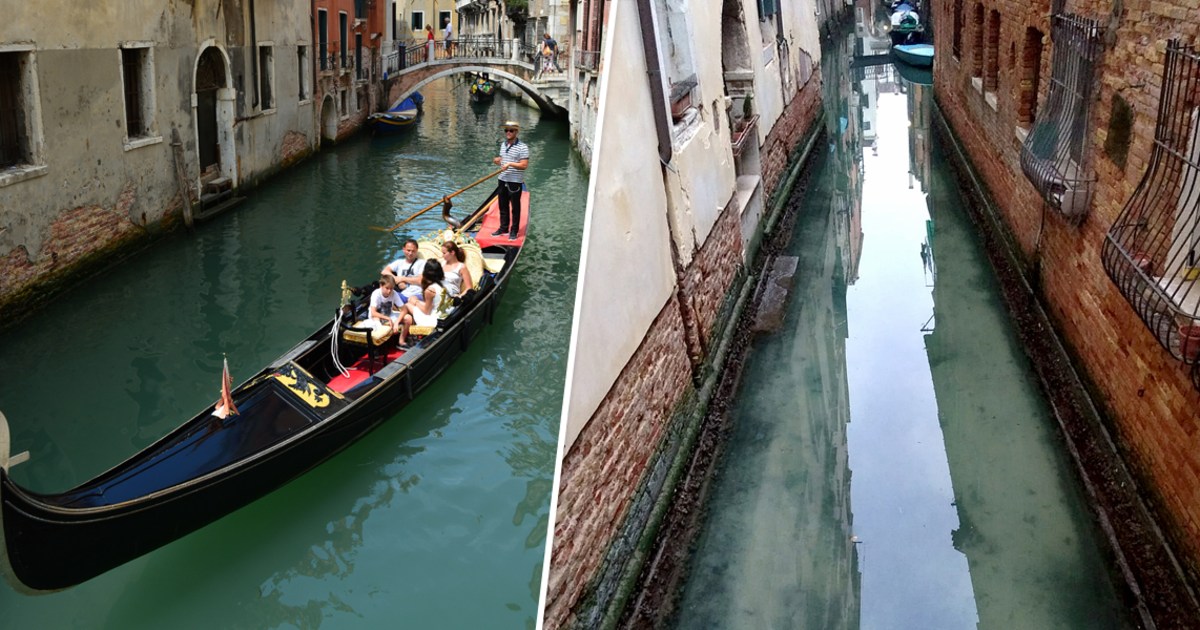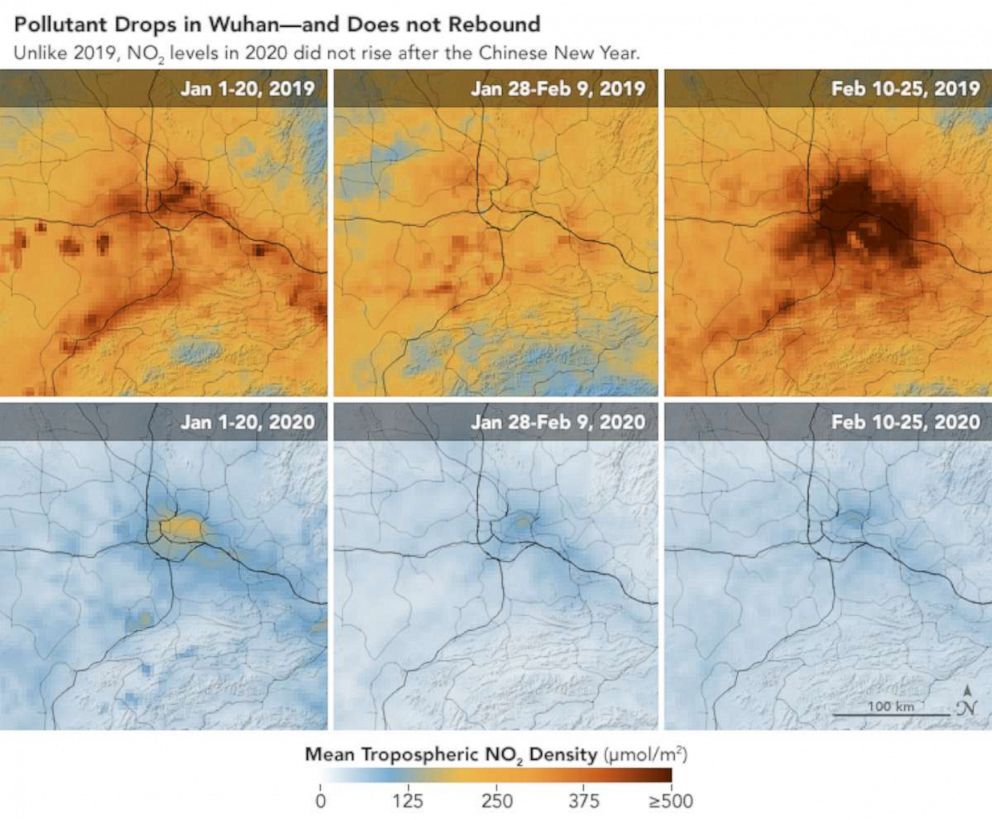COVID-19 has changed the daily lives of people around the world more than anything we have ever seen before. Many luxuries have been stripped from us. People are starting to go stir crazy and dream about sitting down at their favorite restaurant again. And, while it is increasingly easy to see the negative effects the coronavirus has taken on our lives, it is important to focus on the little bit of good news we can get our hands on. For example, the water ways in Italy have become completely clear and fish can even been seen in the canals.

There have been many environmental changes caused by the coronavirus so far. The amount of pollution caused by New York has gone down by almost 50% since they made regulations in order to try to contain the virus. Some are speculating that a short period of time will not have a lasting effect on the environment. However, if we can learn how to implement some of the changes into our lives after the pandemic, then we may be able to help the planet. China is the largest polluter on Earth. But, in the month of February, their CO2 emissions went down at least by 25%. Climate change makes viruses more likely to spread. I see this as the Earth forcing human to stop polluting so much. Sure life is pretty boring right now but it could definitely be worse and it is important to focus on the positive.

Coronavirus sucks, but I do not think we should come out of quarantine learning nothing. This seemingly human-less time on the Earth has allowed for research that could not have been done otherwise. I like eating at restaurants a ridiculous amount. But, if the world shutting down every Sunday means that the Earth will get healthier, I think we could all make it work. If nothing else, I hope that people, myself included, are more appreciative of the normal things in life that most of us take for granted.
-Allisyn
SAUmediaHive is a collaborative student project with the aim of improving our writing skills and understanding how sharability works in digital communication. Opinions and commentary are our own and do not reflect that of St. Ambrose University or the Department of Communication.
